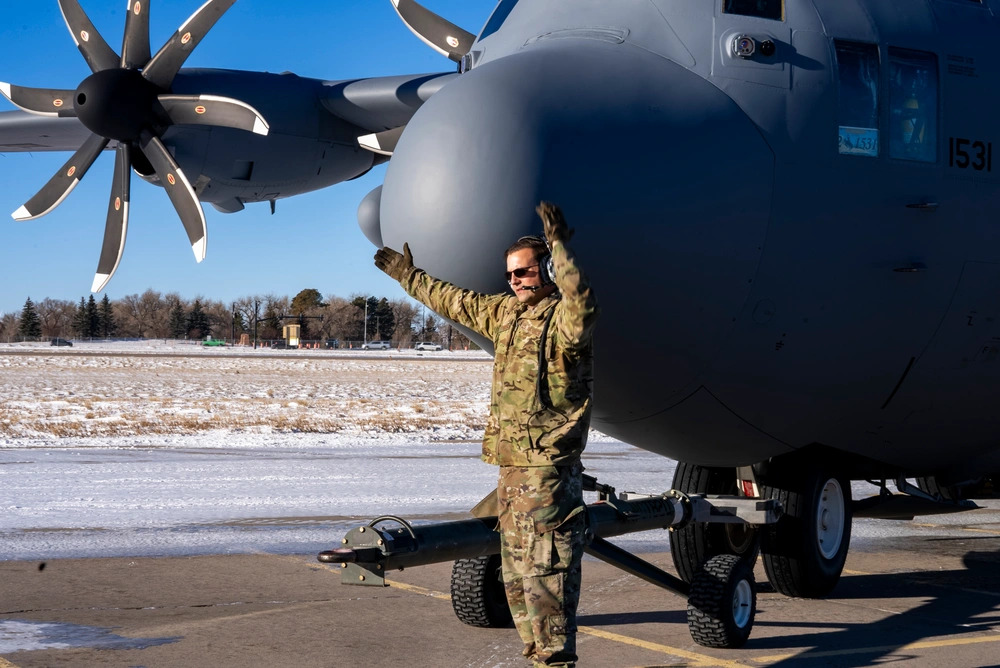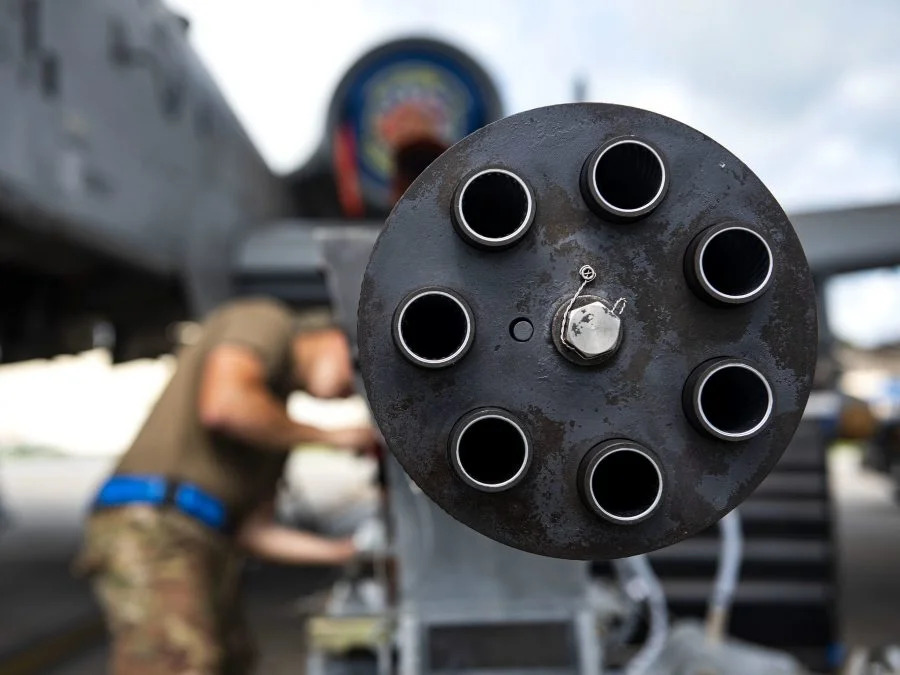‘Spec Ops:’ Navy SEAL Admiral Bill McRaven’s theory and practice of special operations
- By Frumentarius
Share This Article

Before he instructed you to Make Your Bed, espoused The Wisdom of the Bull Frog, explained The Hero Code, or regaled us all with his Sea Stories, retired Navy SEAL Admiral William “Bill” McRaven wrote one of the seminal intellectual studies of special operations warfare, Spec Ops: Case Studies in Special Operations Warfare Theory and Practice.
When he wrote the paper for what would later become the book, McRaven was not yet the celebrated architect of the Navy SEAL raid that killed Osama Bin Laden, nor had he become the chancellor of the University of Texas System. In the early 1990s, McRaven held the rank of Navy Commander (O-5) and had yet to even command a SEAL Team. Instead, he was pursuing a Master’s Degree at the Naval Postgraduate School in Monterey, CA. To achieve his master’s degree, McRaven was required to complete a thesis paper.
McRaven decided that his paper would present an analytical examination of a select number of successful special operations missions, and from them, he would draw lessons on what factors led to their success. The final paper came to be titled, The Theory of Special Operations and McRaven submitted it in June of 1993, before successfully earning his Master’s Degree.
According to its abstract, McRaven’s master’s thesis developed a theory that explained why special operations succeed. Early in the thesis, McRaven explains the concept of “relative superiority” of force – as opposed to numerical superiority – and how special operations units on an operation aimed to achieve relative superiority as quickly as possible, and to sustain it throughout the successful completion of the mission.
He then used a case study approach to analyze eight special operations missions that were carried out between 1940 and 1976. The case studies included, among others, a British commando raid in France in 1942, a U.S. Army Ranger raid in the Philippines in 1945, and an Israeli commando hostage rescue raid in Uganda in 1976.
Related: The US Army wants to recruit more psychological warfare ‘nerds’

Paratroopers conduct regular multinational airborne training to ensure the continued mastery of their skills and abilities. This type of training ensures that SOCEUR is present, lethal and ready to rapidly deploy anywhere at any time. (U.S. Army photo by Staff Sgt. Nicholas Moyte)
From those eight case study analyses, McRaven derived six principles of special operations. Those six principles “dominated every successful mission” that McRaven analyzed. The six principles were: simplicity, security, repetition, surprise, speed, and purpose.
It did not take long for a book publisher to take notice and release it as a full-length book in 1995. The book (and thesis paper from which it derived) is at once intellectually robust and also easy to read, which are both hallmarks of McRaven’s work. This author has known the man tangentially as a family friend for many years, and can attest to his impressive intellect and command of big ideas like those found in Spec Ops.
It is no wonder then that McRaven’s study would go on to become a must-read for young SEAL officers (like me) who entered the ranks in the years after its publication.
Anyone who wanted to build a strong foundation in the theory and practice of successful special operations missions could find no better place to start than McRaven’s study. As The Washington Post noted in a 2011 piece, “[Spec Ops] is the book the SEALs read.”
While there is obviously no shortage of books available to read both by and about Navy SEALs, virtually none of them are anything like Spec Ops. It is less a book written by a Navy SEAL than it is a historical study about special operations missions written by a scholar who happens to be a Navy SEAL. The SEALs, in fact, do not feature at all in any of the operations studied. Despite that, it is a book that can teach any SEAL leader – or anyone else who wants to learn – valuable insights about planning and executing special operations missions.
Read more from Sandboxx News
- ‘Counterculture’ approach enabled C-130’s 26-hour marathon flight
- 5 last-ditch weapons created by a desperate Nazi Germany
- The Air Force’s dogfighting AI is already roughly equal in skill to career pilots
- Life for a Delta Force man in an American neighborhood
- Is the ‘Ministry of Ungentlemanly Warfare’ worth watching?
Related Posts
Sandboxx News Merch
-

‘Kinetic Diplomacy’ Bumper Sticker (Black)
$8.00 Add to cart -

F-35 ‘Lightning’ Framed Poster
$45.00 – $111.00 Select options This product has multiple variants. The options may be chosen on the product page -

‘Sandboxx News’ Dad Hat
$27.00 Select options This product has multiple variants. The options may be chosen on the product page
Frumentarius
Frumentarius is a former Navy SEAL, former CIA officer, and currently a battalion chief in a career fire department in the Midwest.
Related to: Special Operations

Space Force to deploy new jammers to yell at enemy satellites

Congress demands answers on low testosterone issues among special operators

Video: US military sends aircraft to help with LA fires

Video: DARPA wants to arms a missile with cannons
Sandboxx News
-

‘Sandboxx News’ Trucker Cap
$27.00 Select options This product has multiple variants. The options may be chosen on the product page -

‘AirPower’ Classic Hoodie
$46.00 – $48.00 Select options This product has multiple variants. The options may be chosen on the product page -

‘AirPower’ Golf Rope Hat
$31.00 Select options This product has multiple variants. The options may be chosen on the product page -

‘Sandboxx News’ Dad Hat
$27.00 Select options This product has multiple variants. The options may be chosen on the product page
